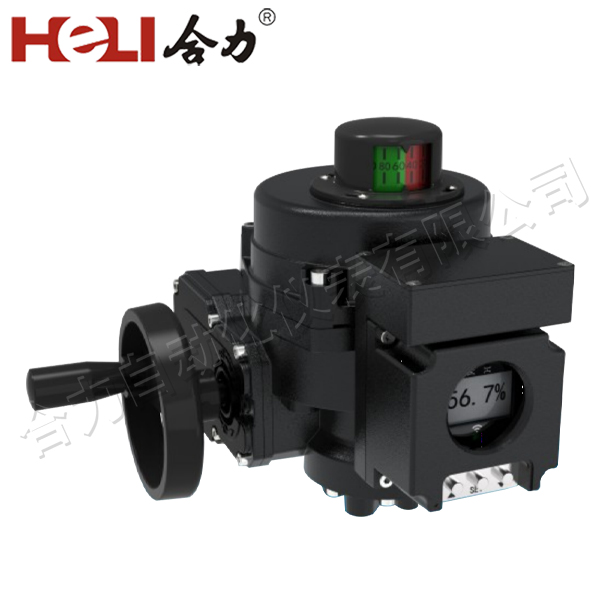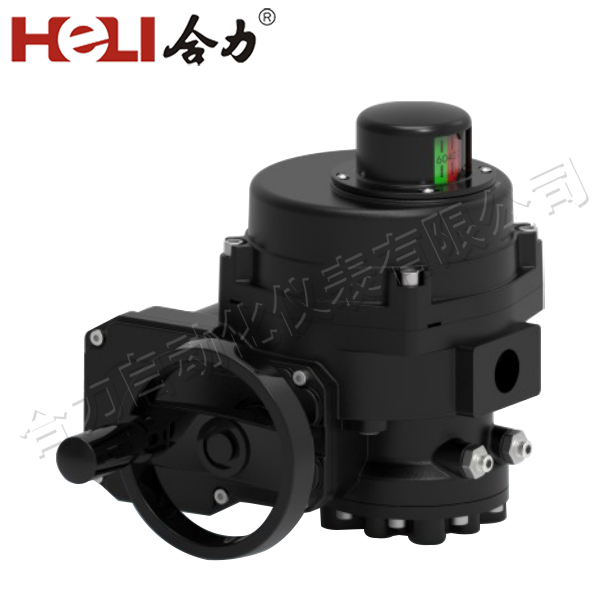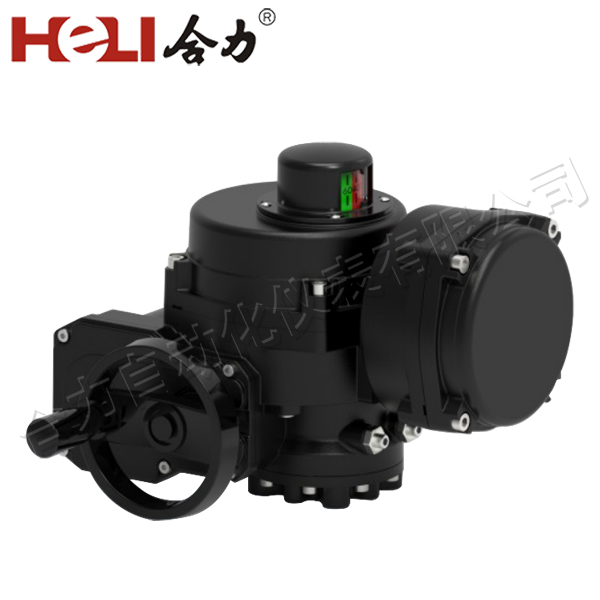
In the quest for sustainable and clean energy solutions, hydrogen energy has emerged as a promising candidate. Among its numerous applications, hydrogen energy electric actuators stand out as a revolutionary technology poised to transform various industries, particularly in the field of transportation. This article explores the fundamentals of hydrogen energy electric actuators, their advantages, and their potential impact on the future of mobility.

Hydrogen energy electric actuators are devices that convert hydrogen fuel into mechanical energy to perform specific tasks. These actuators typically work in conjunction with fuel cells, which generate electricity through a chemical reaction between hydrogen and oxygen, producing water as the only byproduct. This technology is particularly advantageous as it addresses the growing concerns regarding emissions and environmental sustainability associated with conventional fossil fuel energy sources.

